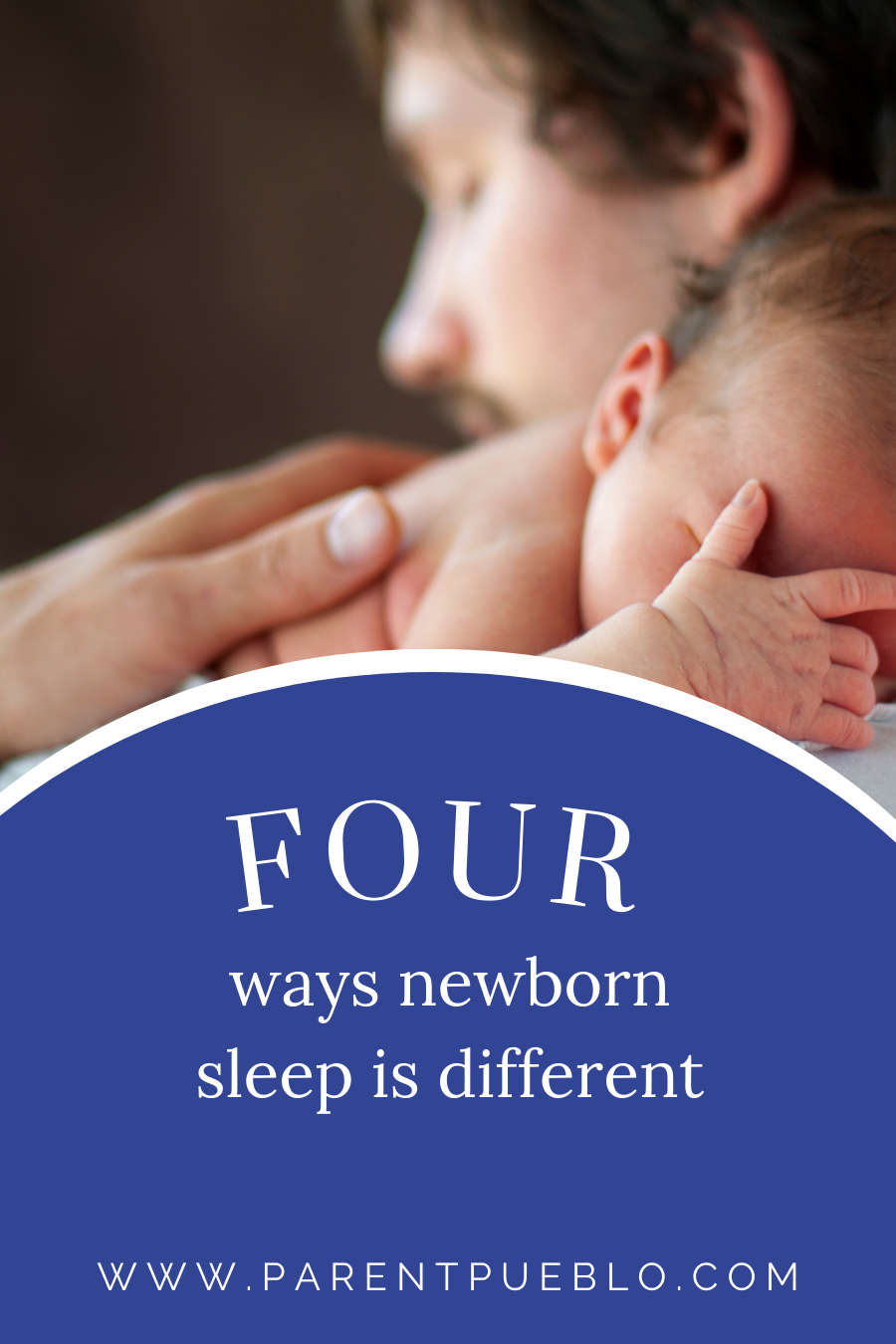4 Ways Newborn Sleep is Different
How your baby sleeps in their first few (or several, depending on when your baby was born) months is different than at any other period of development. Having a sense of what to expect can help you weather the challenges of this phase and meet your baby where they are. Here are 4 key ways that newborn sleep is different.
1- Immature Sleep States
During the newborn period, your baby will have two sleep states: “quiet sleep” and “active sleep”. Both of these states of sleep serve important developmental functions. In fact, newborns spend more time in active sleep (REM-like sleep) than adults! While it may seem less restful from the outside, active sleep is important for brain development. Active sleep is when your baby is processing all they are learning.
Sometime between 2-6 months, your baby’s sleep mature into the 4 sleep states that they will have into adulthood.
2- Frequent Feeding
Regardless of how you are feeding your baby, your newborn will need to eat often. Your baby may wake to feed every 2-3 hours, and may also spend hours “cluster feeding.” Besides their stomachs being quite small, human milk and formula are rapidly digested. If your baby is bodyfeeding, frequent feeding serves to regulate the feeding person’s milk production, too.
3- Day and Night Confusion
In the beginning, it can feel like your baby is awake more at night than during the day. Your baby’s circadian rhythm will regulate at around 12 weeks. You can help things along by getting out in the sunlight.
4- Co-Regulation
Up until their birth, many of your baby’s physiological functions were regulated automatically by the person in whose womb they were growing. It is a big leap to suddenly be responsible for all this. Being in close proximity to you, especially skin-to-skin helps your baby regulate their body temperature, heart rate, breathing, and more. It is no wonder newborns sleep more soundly while being held.
All of these unique differences are things that babies grow out of with time and support. Being prepared for newborn sleep means knowing what to expect and planning for it. This includes planning for support.
Was this helpful? Save it for later!


